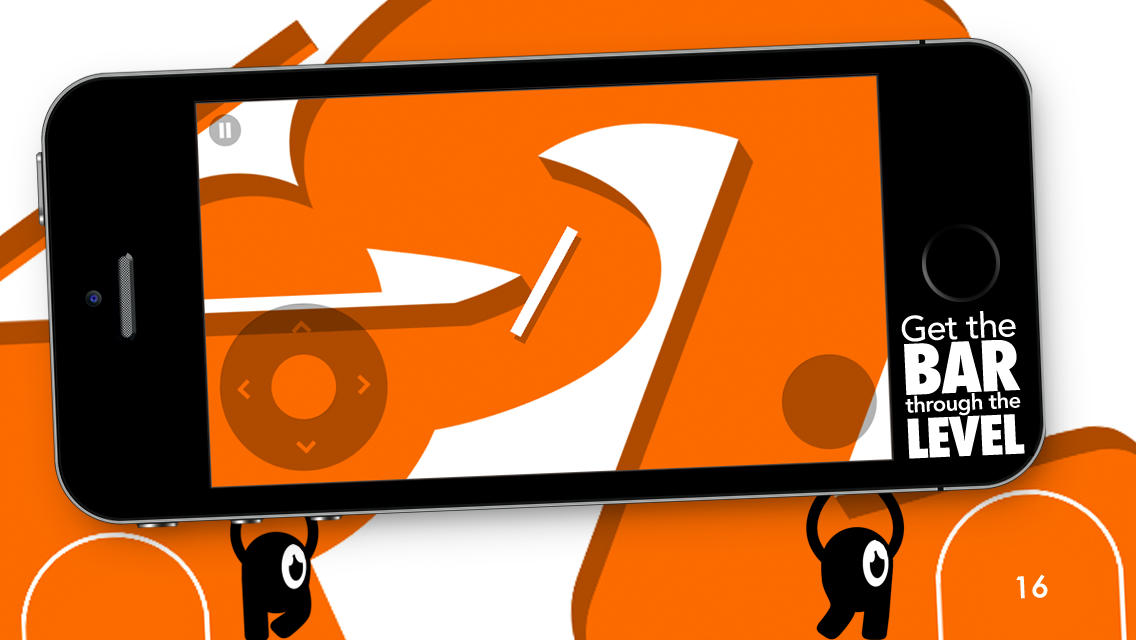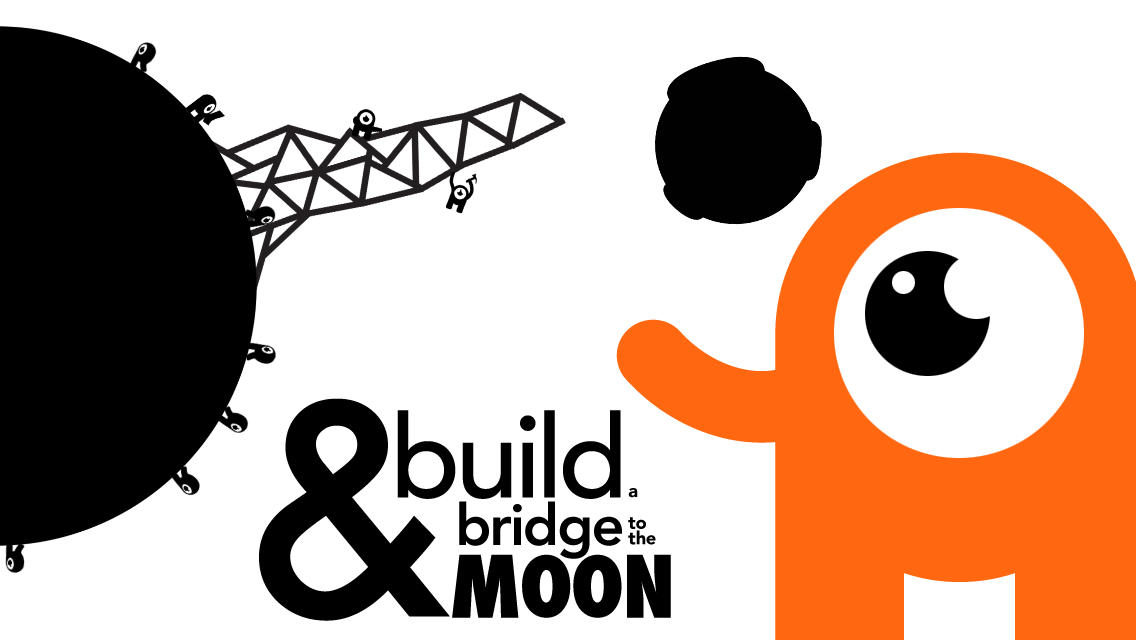 There’s plenty of room for complex puzzle games in the world, but every so often I enjoy sitting down with a great simplistic experience. Sometimes, the most minimal games tend to wrack your brain the most, as they distill a few concepts down into their most basic form, and test your mettle in specific ways. And what could get more simple than guiding a line through a maze?
There’s plenty of room for complex puzzle games in the world, but every so often I enjoy sitting down with a great simplistic experience. Sometimes, the most minimal games tend to wrack your brain the most, as they distill a few concepts down into their most basic form, and test your mettle in specific ways. And what could get more simple than guiding a line through a maze?
Cyro ($1.99) is a new take on the classic GBA game Kuru Kuru Kururin, which tasked players with getting planks from one side of the map to another using little creatures who are carrying said objects. These critters are the Cyro — a race who ultimately want to get to the moon by building a giant bridge. If you’ve played Duet before, it’s kind of similar. It sounds easy right? Well there’s one catch — the maps are actually intricate mazes with tons of twists and turns, and the plank is constantly moving. Yeah, that could certainly change the whole situation a bit. It’s almost comical when you think about it — it would be so much easier if these guys just kept still, right?
Despite their lack of logistical prowess, it’s your job to do the legwork, and collect planks safely by getting them to the goal. You’ll get one button essentially — a virtual analog stick that directs the line, which can be morphed into a d-pad for more precise movement by tapping the right side of the screen. It’s simple, but it works, as all you’ll ever need is that one single virtual button — no need to scramble about for multiple functions while you’re attempting pinpoint accuracy. The buttons are worlds apart too, since the d-pad instantly moves you at the max speed whereas the analog is more nuanced. You can make the controls transparent, which really helps give you more real estate.
Cyro has checkpoints thankfully, and they’re tastefully distributed throughout each map. I enjoyed the placement of these specifically, as they’re not so frequent that it eliminates all the skill from the game, but they’re there enough to keep you going. All in all you’re allowed two “screw-ups" per stage, where you can smash into a wall — once you’ve exhausted those, it’s back to the start or the latest checkpoint. It’s cute as these tiny workers don’t really “die" — instead they are “relieved of duty," and replaced by two new ones at each end. Little details like this and the tiny critter footsteps help make the game more charming.

One of the key elements of Cyro is preparation. When you’re initially shown each map, it’s with a zoomed out view of the entire landscape. Eventually, I realized that it’s important to take advantage of this moment, and map out the best course of action through the “maze." Some parts are more open than others, some are tighter and shorter to the goal, and so on. It’s a testament to the solid design of the game as a whole. Having said that, there are a few levels where I threw my hands up in frustration, as they were perhaps a little too devious for their own good.
If you’re particularly angry though, you can change the difficulty and the number of “mistakes." It ranges from easy, normal, and hard to insane (the latter of which unlocks upon completion). It helps that each level is timed, which gives it a score attack element. Insane in particular speeds things up to help you earn better times, but like hard, it doesn’t allow any mistakes.

On top of these solid mechanics, it helps that Cyro has a unique and endearing art style. Each map will only use a few colors at a time, and large shapes to build a maze. The soundtrack deserves a special mention as well, as it’s very upbeat and fits the frantic pace of the game perfectly. It’s almost comical to spend a few minutes slamming into the same wall and listen to this kooky tracklist at the same time. It helps that Cyro has a decent amount of levels (56) to work through, with a decent amount of variety to boot. There are also no microtransactions of any kind, which is a relief.
If you’re looking for a unique puzzle game that will occasionally challenge and frustrate you, Cyro will do the trick. It could have stood to have done a bit more with its systems and perhaps deliver new modes to keep people going, but it stands on its own as one of the only “get this spinning thing through tight corners" games on iOS.